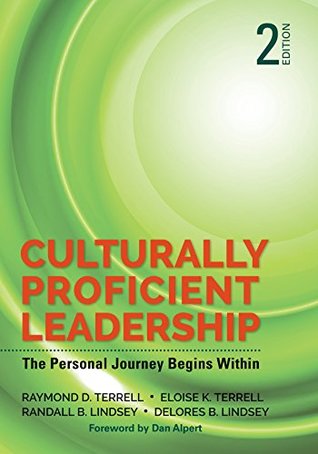More on this book
Kindle Notes & Highlights
Read between
January 5 - February 20, 2020
Black people their enemies, they were accepting their own position within the society. They may have been poor, but, by god, they weren’t Black!
“What gives you the right to decide which equity issues you agree to support and which you don’t? Isn’t that an ultimate form of entitlement?” That heated discussion rings in my ears thirty years later. I was beginning to see the benefit of having cultural informants as a means to be able to see my own
Learning of my own homophobia and the existence of heterosexism
Initial awareness of privilege and entitlement—how I could be a cultural informant! It was so much a part of me, I couldn’t see it!
This was another lesson in racial differences for me. My dad helped me see that sometimes mandates had to lead the way for moral issues to be examined. Later that summer he took me with him to work so that I could meet his newest employee, Mr. Washington. Daddy shared with me how successful Mr. Washington was in learning and doing his summer job.
realized that women in educational leadership was still a civil rights issue.
“Dr. Lindsey, for gay people this is not our lifestyle; this is our life.” I realized that I was using a culturally destructive term and was totally unaware of the impact that word had on others.


